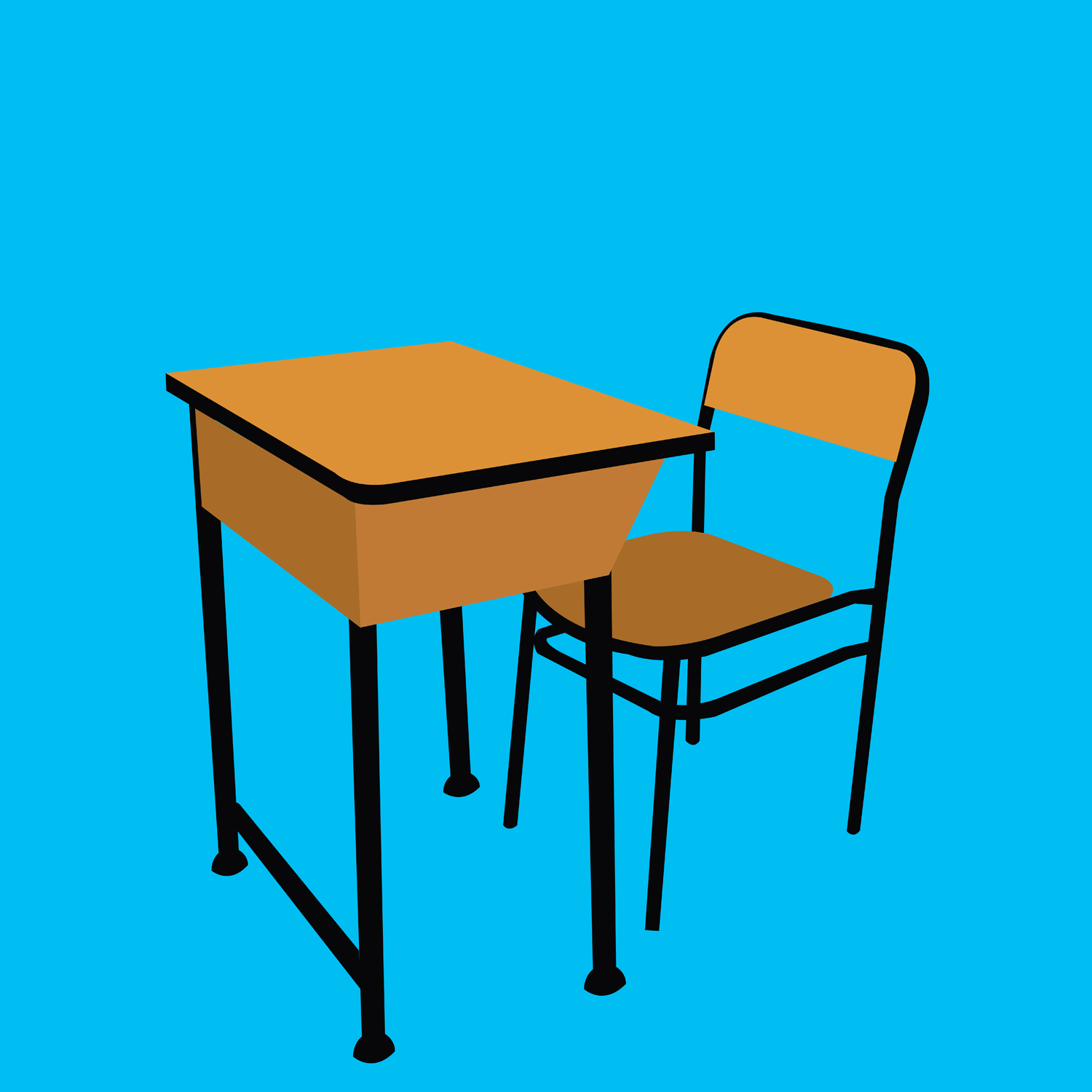U.S. high-school students perform less well in science and math than students in other economically advanced countries do. Dr. Samuel Silverstein, John C. Dalton Professor of Physiology and Cellular Biophysics in the Columbia University College of Physicians and Surgeons, created and continues to direct a nationally recognized Summer Work Experience for Professional Teachers (SWEPT) that utilizes the research laboratory experience at a major research university to provide experiences for New York City teachers that ultimately enhances their ability to teach science to their students.
The results show that students of Columbia’s SWEPT teachers pass the Regents’ examinations at a significantly higher rate than students of other teachers in the same schools (Science 326:440-442).
Join C²ST as Professor Silverstein discusses how SWEPT programs can utilize existing scientific resources to improve teacher education and the quality of student science learning in Chicago and other cities.
March 11, 2010
The University Club of Chicago
76 East Monroe Street
Chicago, IL 60603
Rooms A&B
Parking information to follow.
4:30 p.m. Registration & Reception
5:30 p.m. Presentation
Members attend free.
$10 advance registration (pay at time of registration)
$15 day of/at the door
Educators attend free with valid educator ID.
For more information on Dr. Silverstein’s work with SWEPT, click here.
A link to the paper in Science, mentioned above (may need access to the publication).
U.S. high-school students perform less well in science and math than students in other economically advanced countries do. Dr. Samuel Silverstein, John C. Dalton Professor of Physiology and Cellular Biophysics in the Columbia University College of Physicians and Surgeons, created and continues to direct a nationally recognized Summer Work Experience for Professional Teachers (SWEPT) that utilizes the research laboratory experience at a major research university to provide experiences for New York City teachers that ultimately enhances their ability to teach science to their students. The results show that students of Columbia’s SWEPT teachers pass the Regents’ examinations at a significantly higher rate than students of other teachers in the same schools (Science 326:440-442).
Join C²ST as Professor Silverstein discusses how SWEPT programs can utilize existing scientific resources to improve teacher education and the quality of student science learning in Chicago and other cities.
March 11, 2010
The University Club of Chicago
76 East Monroe Street
Chicago, IL 60603
Rooms A&B
Parking information to follow.
4:30 p.m. Registration & Reception
5:30 p.m. Presentation
$10 advance registration (pay at time of registration)
$15 day of/at the door
Educators attend free with valid educator ID.
